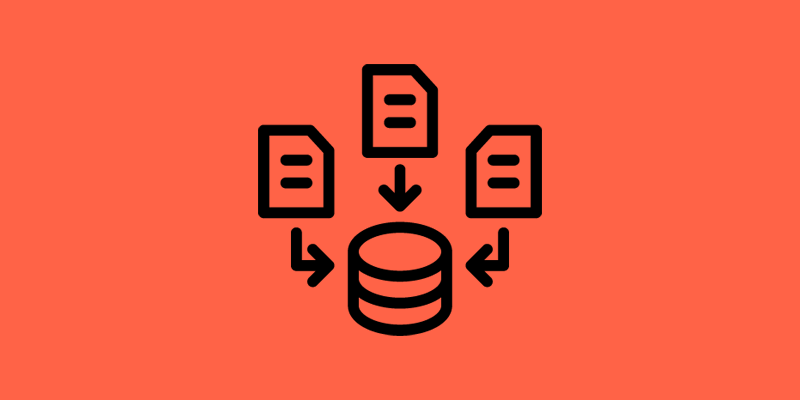Building Trust and Responsibility
Artificial Intelligence (AI) has transcended from a promising technology to an integral part of our daily lives. With AI’s influence, the importance of ethical considerations in data collection has come into sharp focus. In this article, we will discuss the critical issue of ethical data collection in AI, exploring its significance, challenges, and best practices.
The Data Fueling AI
Data is the lifeblood of AI. Machine learning algorithms thrive on data to learn and make predictions or decisions. However, not all data is equal, and the way data is collected can have profound ethical implications.
The Significance of Ethical Data Collection
- Bias Mitigation: Biased data can perpetuate stereotypes and discriminatory outcomes. Ethical data collection seeks to minimize such biases
- Privacy Protection: Respect for individuals’ privacy is paramount. Ethical data collection ensures data is gathered with consent and safeguards sensitive information
- Transparency: Ethical data practices demand transparency, ensuring that data sources and collection methods are disclosed
Challenges in Ethical Data Collection
Ethical data collection is fraught with challenges:
- Data Bias: Historical biases present in data can perpetuate discrimination when used to train AI models
- Informed Consent: Obtaining informed consent from individuals can be challenging, especially when data is collected passively, as with IoT devices
- Data Privacy: Striking a balance between data utility and privacy is a complex task. Anonymization techniques may not always guarantee privacy
Best Practices for Ethical Data Collection in AI
- Informed Consent: When collecting data from individuals, ensure they are fully informed about how their data will be used and obtain explicit consent
- Data Minimization: Collect only the data necessary for he intended purpose. Minimize the collection of sensitive or extraneous information.
- Anonymization: Anonymize or pseudonymize data to protect individuals’ identities.
- Transparency: Be transparent about data collection practices, providing clear explanations of how data is used and who has access to it
- Diversity in Data Sources: Diversify data sources to reduce bias. Strive for representative datasets
- Ethical AI Training: Regularly audit and evaluate models for bias and correct any identified issues
Ethical Data Collection in Practice
- Healthcare: Ethical data collection is critical in healthcare. Patient data must be collected and used responsibly to ensure privacy and patient trust
- Autonomous Vehicles: Data from sensors and cameras on autonomous vehicles must be collected ethically to protect the privacy and safety of individuals
- Education: Student data collected for educational purposes must adhere to strict ethical guidelines to safeguard student privacy and prevent misuse
The Role of Regulation
Governments and regulatory bodies are increasingly recognizing the importance of ethical data collection. Regulations like GDPR in Europe and CCPA in California set guidelines for data privacy and consent.
Building AI Responsibly
Ethical data collection in AI is not a mere checkbox but a moral imperative. The decisions we make today about data collection will have far-reaching consequences for society, impacting fairness, privacy, and trust in AI systems.
As AI continues to integrate into our lives, ethical data collection becomes central to building responsible and trustworthy AI. Striving for transparency, minimizing bias, and respecting individuals’ privacy are not just best practices; they are the foundation upon which the future should be built. Ethical data collection is not an impediment to progress but a path toward AI that benefits all of humanity, guided by principles of fairness, accountability, and respect for individual rights.
